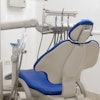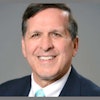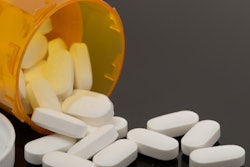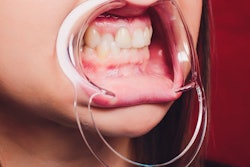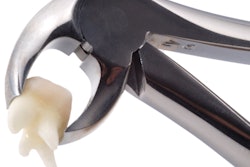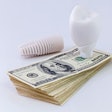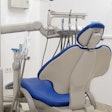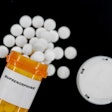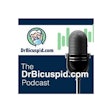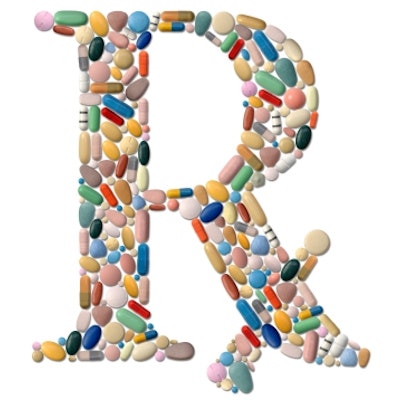
Oral surgeons prescribed 59% fewer total opioids for patients who received liposomal bupivacaine (LB) during third-molar extractions than for those who did not receive LB, according to a study published on February 22 in the Journal of Oral and Maxillofacial Surgery.
Patients who received the nonopioid analgesic were also prescribed fewer refills for painkillers, the study authors wrote.
"Use of LB may reduce opioid prescriptions for postsurgical analgesia," wrote the group, led by Dr. Stuart Lieblich, a clinical professor of oral and maxillofacial surgery at the University of Connecticut School of Dental Medicine in Avon, CT.
The ADA and American Association of Oral and Maxillofacial Surgeons have released policies emphasizing the need for clinicians to reduce the number of opioids they prescribe for dental procedures such as wisdom teeth removal. Though it's known that dentists play a major role in the fight against the opioid crisis, dentists do continue to write many prescriptions for patients. Education about overprescribing and local anesthesia alternatives may help clinicians cut the number of opioid prescriptions they write.
The researchers used data from electronic medical records of patients who underwent extraction of at least one partial bony- or full bony-impacted mandibular third molar at two oral surgery centers in the U.S. in 2012 or 2018. In all, 600 patients were included in the study.
Half of the patients received 133 mg of liposomal bupivacaine via local infiltration while the rest did not, according to the authors. Both groups had similar postprocedure protocols, with ibuprofen or acetaminophen prescribed after the surgery, and opioids only to be used as a rescue analgesic or for breakthrough pain.
Lieblich and colleagues found that clinicians prescribed 59% fewer opioids for the patients who were given liposomal bupivacaine during the extractions. The researchers calculated the total amount of prescribed opioids in morphine milligram equivalents, as well as the rate of prescription refills.
| Liposomal bupivacaine and opioid use in dental patients | ||
| Patients who did not receive liposomal bupivacaine | Patients who received liposomal bupivacaine | |
| Total opioids prescribed in morphine milligram equivalents (after adjustment) | 109.5 | 44.9 |
| Prescription refill rate | 7.7% | 3.3% |
The research had multiple limitations, including the retrospective nature of the study. The information analyzed was limited to what was recorded in the electronic medical records, which could result in selection bias, the authors wrote.
Nevertheless, the "addition of a long-acting nonopioid analgesic such as LB to a multimodal pain management protocol could provide an opportunity to significantly reduce the need for opioid use after major oral procedures," Lieblich and colleagues concluded.



